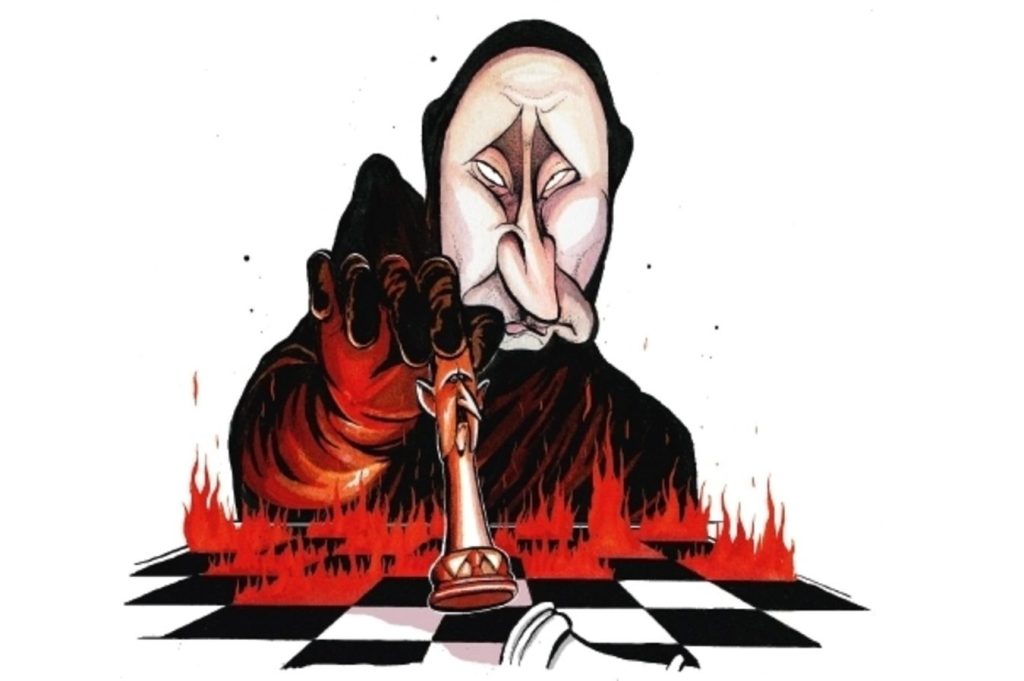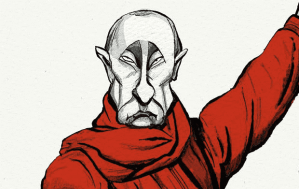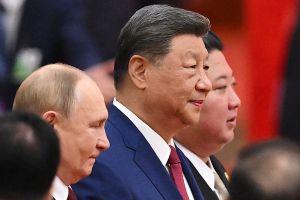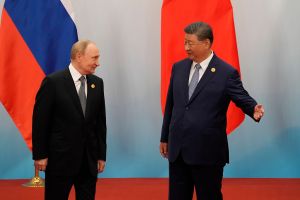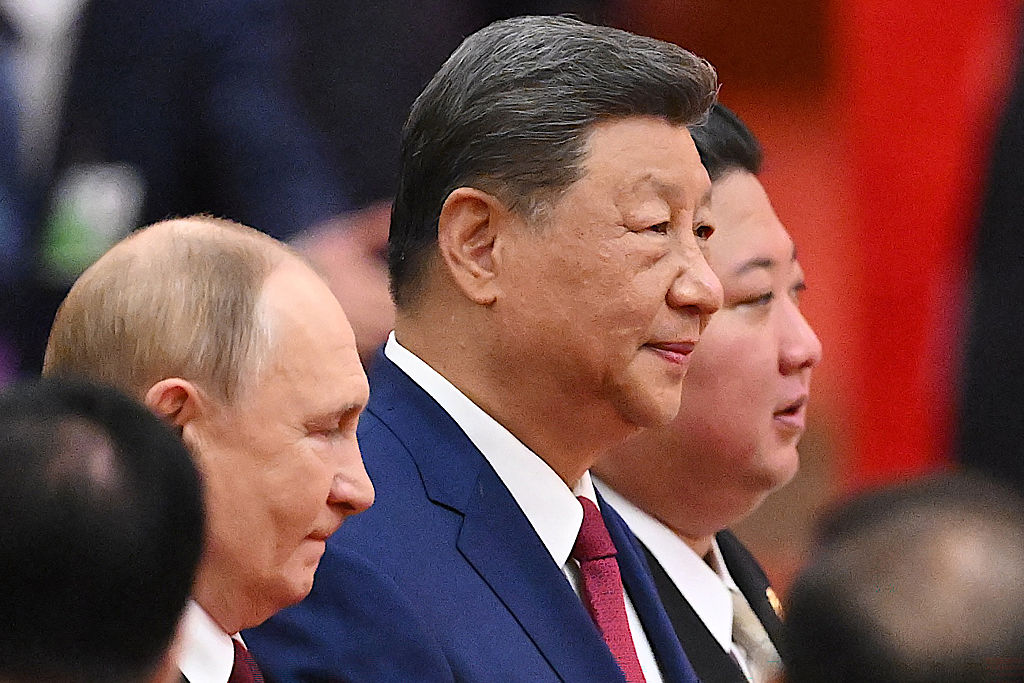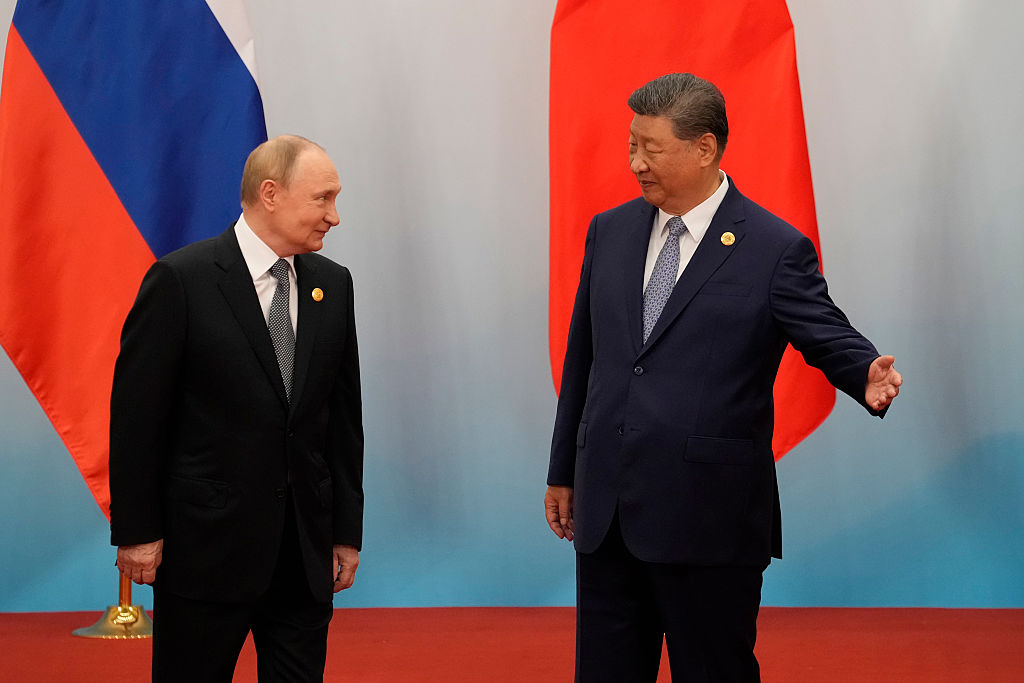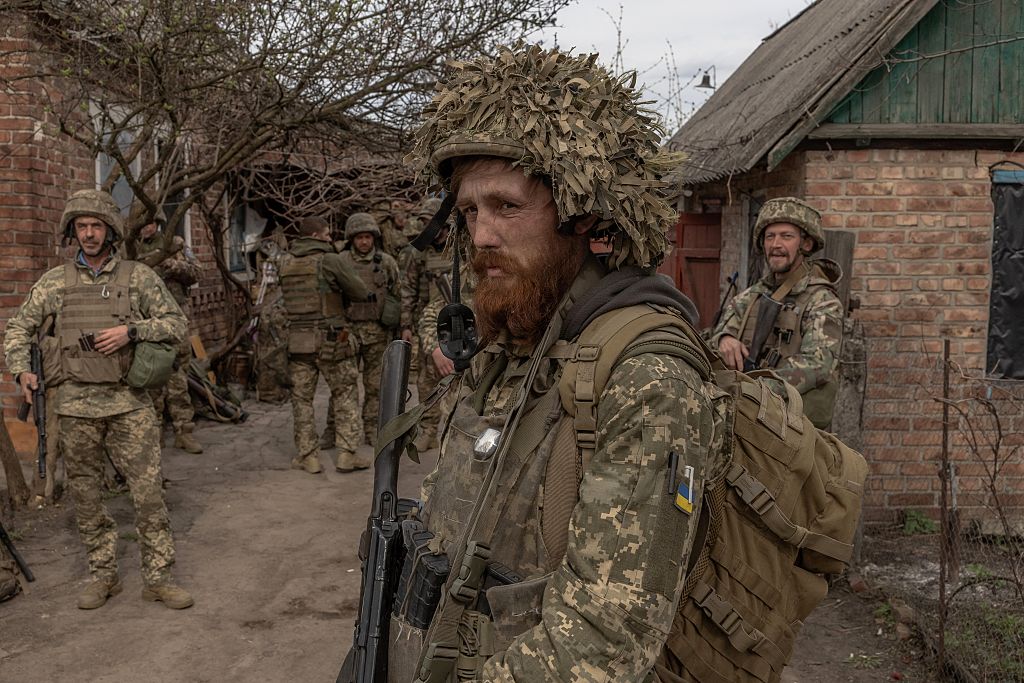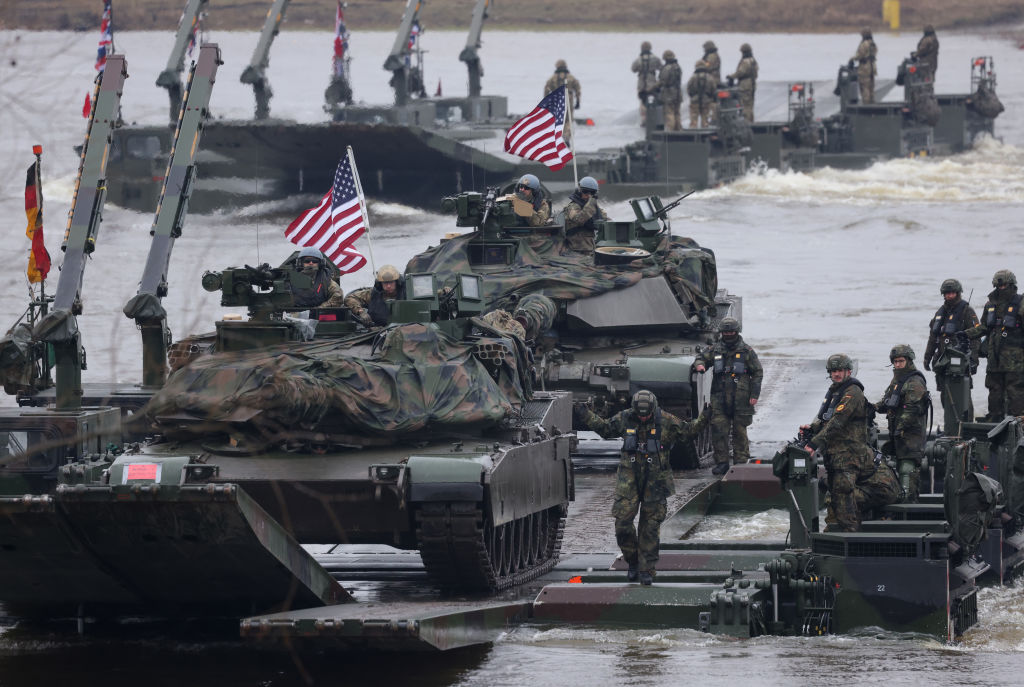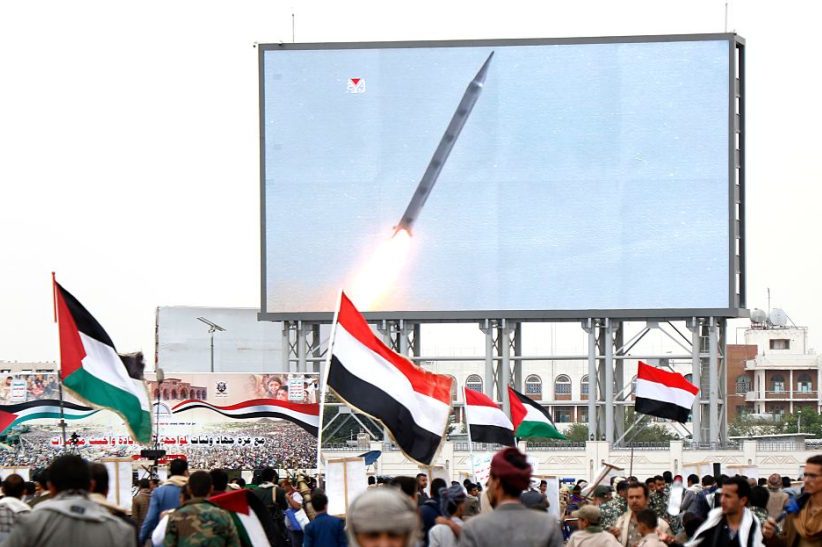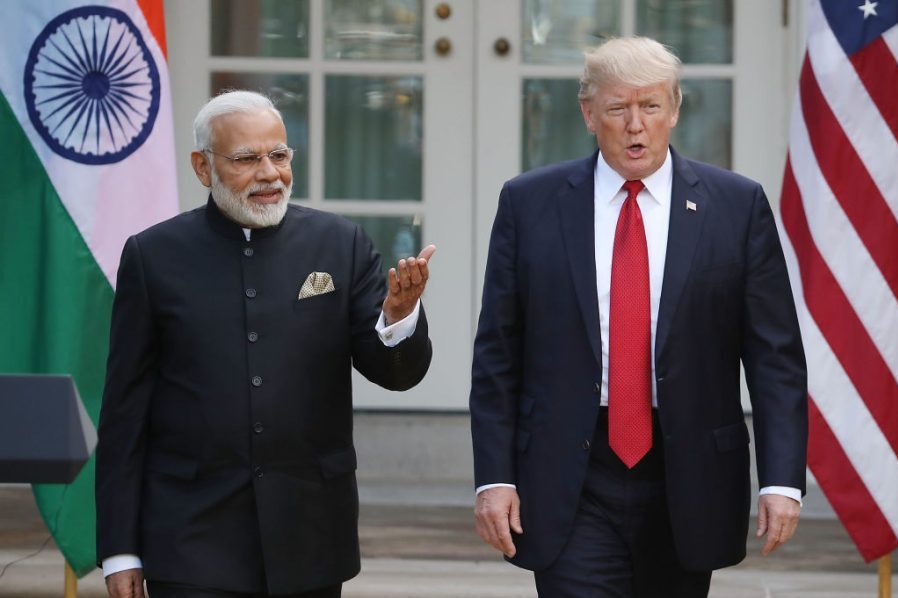Ten years ago, Putin saved Bashar al-Assad from certain defeat. Russia’s intervention raised Putin’s profile in the Middle East, and gave him some ground to claim that Russia was still a “great power.”
Assad’s fall shows that claim was without foundation. Distracted by the war in Ukraine, Putin has been unable to save his client, even if the Russians whisked Assad out of the country and provided him with political asylum.
It is too early to speak of Putin’s strategic defeat in the Middle East
It is, however, too early to speak of Putin’s strategic defeat in the Middle East. For now, at least, Russia still has its naval facility at Tartus and an airbase in Hmeimim. It has several thousand servicemen in Syria. It has shown no interest in pulling out, and will likely attempt to hold on to its military facilities, important as they are to Russia’s regional power projection (in particular towards Africa) and indeed as a marker of status.
Holding on to these strategic assets will be difficult without the cooperation of the new Syrian government. The rebel group that has now claimed power in Damascus — Hayʼat Tahrir al-Sham (HTS) — owes nothing to Putin, and so holds all the cards. Making it clear that the Russians are not welcome would probably lead to Moscow’s rapid pullback from Syria.
It is not yet clear, however, that HTS will choose to kick the Russians out. Syria is facing a period of instability as the new government consolidates its hold on power. HTS may conclude that now is a bad time to antagonize the Russians, and that it would be better to keep them in place and in peace. After all, the Russians are dependent on the new regime’s goodwill, and will likely seek to ingratiate themselves with Damascus.
Moreover, Russia’s presence could be a card that HTS may decide to play in their dealings with other powers, not least Israel, Turkey and the United States. This is at least what the Kremlin is hoping for. The Russian media has cited unverified claims by the representatives of the new regime suggesting that they will keep those agreements with Russia “that serve [Syria’s] interests.”
Just days before Assad’s fall, the Russians carried out airstrikes against the Syrian rebels, killing “scores of terrorists” (according to Russian media reports). As late as December 7, speaking in Doha, Russian foreign minister Sergey Lavrov repeatedly referred to HTS as “terrorists,” and promised Russia’s support in beating them back.
But Assad’s fall prompted a change of tune in Moscow. Former “terrorists” were soon being described as “armed opposition groups.” The Russians are clearly eager to endear themselves to the new government.
A man lacking any moral scruples, Putin will happily work with even the most radical factions in Syria. At the very least, Russia can attempt to exploit the differences between the rival groups in the country. For as long as it retains its sizable military presence in the country, Russia will remain an important player in Syria’s politics.
An exit from Syria would turn the page on a decades-long history of Russia’s involvement in the war-torn country and put an end to Russia’s pretensions to relevance in the Middle East. It would also complicate Putin’s various other projects, including efforts to meddle in Libya and elsewhere in Africa. It would very much cut Russia to size, undermining Putin’s tiresome and generally unsubstantiated claims to greatness.
For now, however, Russia continues to hold on, precariously, to its hard-won assets in Syria. It has been dealt a serious reputational blow, but it is trying to stay in the game. It has a range of tools to deal with the situation, including bribery, threats, and quiet subversion. It will likely seek common cause with Iran, which has also suffered a major setback with Assad’s ouster from power.
What Putin cannot afford, however, is to hold on to Syria by force. His disastrous war in Ukraine has shown Russia to be a much weaker military player than most imagined. As this war continues to draw heavily on Russia’s resources, there is little appetite in the Kremlin for becoming involved in any other conflict, least of all in Syria.
This puts Hayʼat Tahrir al-Sham — until recently a relatively insignificant group of Syrian militants — into a unique position of deciding whether Russia retains a toehold in the Middle East.
As for Russia, it is not even clear what is worse: the humiliation of leaving or the humiliation of staying.



